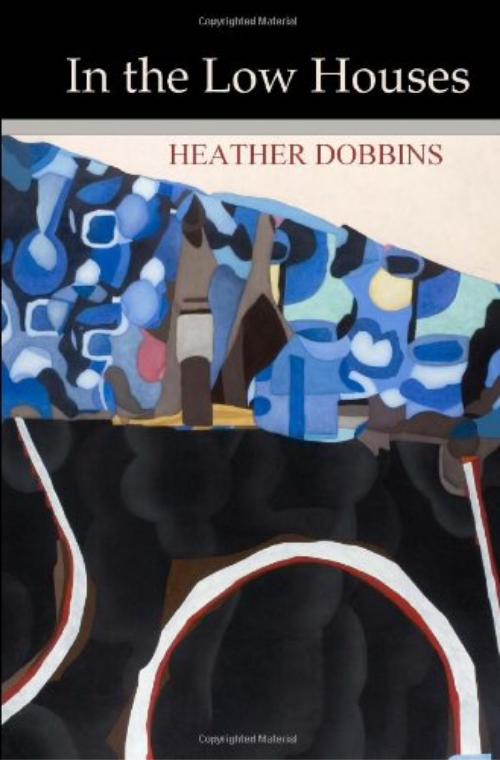
Over and over in these poems, Dobbins navigates between husband and lover, commitment and infidelity, between the graves of the dead and bed of the living. Image by image, the narrator of this book seeks dominion over the chaos of the personal. In the end, the poet recognizes and her poems tell us, there is only trying. I cannot wait to read what Heather Dobbins next brings us.
Read the full review in The Common
Dobbins is not only a writer of poetry but a student, attuned to the ancestry of the elegiac, whose strong grasp of craft reflects how and why the tradition of lament has been so integral to poetry’s migratory patterns. Poets like Dobbins simultaneously follow and influence its direction. Whether a lover, a landscape, or even a former version of the self, we are beings surviving loss; we are beings surviving the tension of movement—from past to present, and the question of the future. . .Dobbins proves a trustworthy guide into the elegiac. From subtle, extrapolating metaphor to repetition of themes and images, from careful line breaks to lyrical assonance, she proves to be a poet to be watched.
Read the full review in The Rumpus
We read here too of aged and afflicted family members and of fading family albums; of gardens past their seasonal prime; of emotional “traction.” There’s also in these poems, though, the sheer beauty and materiality of the natural world, light seen and unseen across the spectrum, and equally down to earth: sixth-graders discussing poetry (Have you always lived on this planet?, one student asks of the poet-teacher); a salute to the pitch perfect Clara Rockmore, mistress of the theremin; and the energizing din inside a rock club.
Read the full review in The Memphis Flyer
Whether she is in a classroom or a car, a presentation or a conversation, Heather Dobbins is on a mission – a mission to make poetry a relaxing exploration rather than a high-pressure brain game.
- “In the Low Houses” published in Beloit Poetry Journal
- Featured poet for June 2013 Beloit Poetry Journal: essay on “In the Low Houses” and blog correspondence
- “Sixth Graders Discuss Poetry” published in Structo
- New Pages review of Structo and “Sixth Graders Discuss Poetry”
- “Clay” and “Magnetism” published in TriQuarterly
- “What Can’t Be Taken In” published in New Millenium Writings
- “Alzheimer’s White” published in Blue Fifth Review
- WOUB Conversations from Studio B interview (Athens, Ohio)
- Thanks to Blue Fifth Review for the Best of the Net nomination